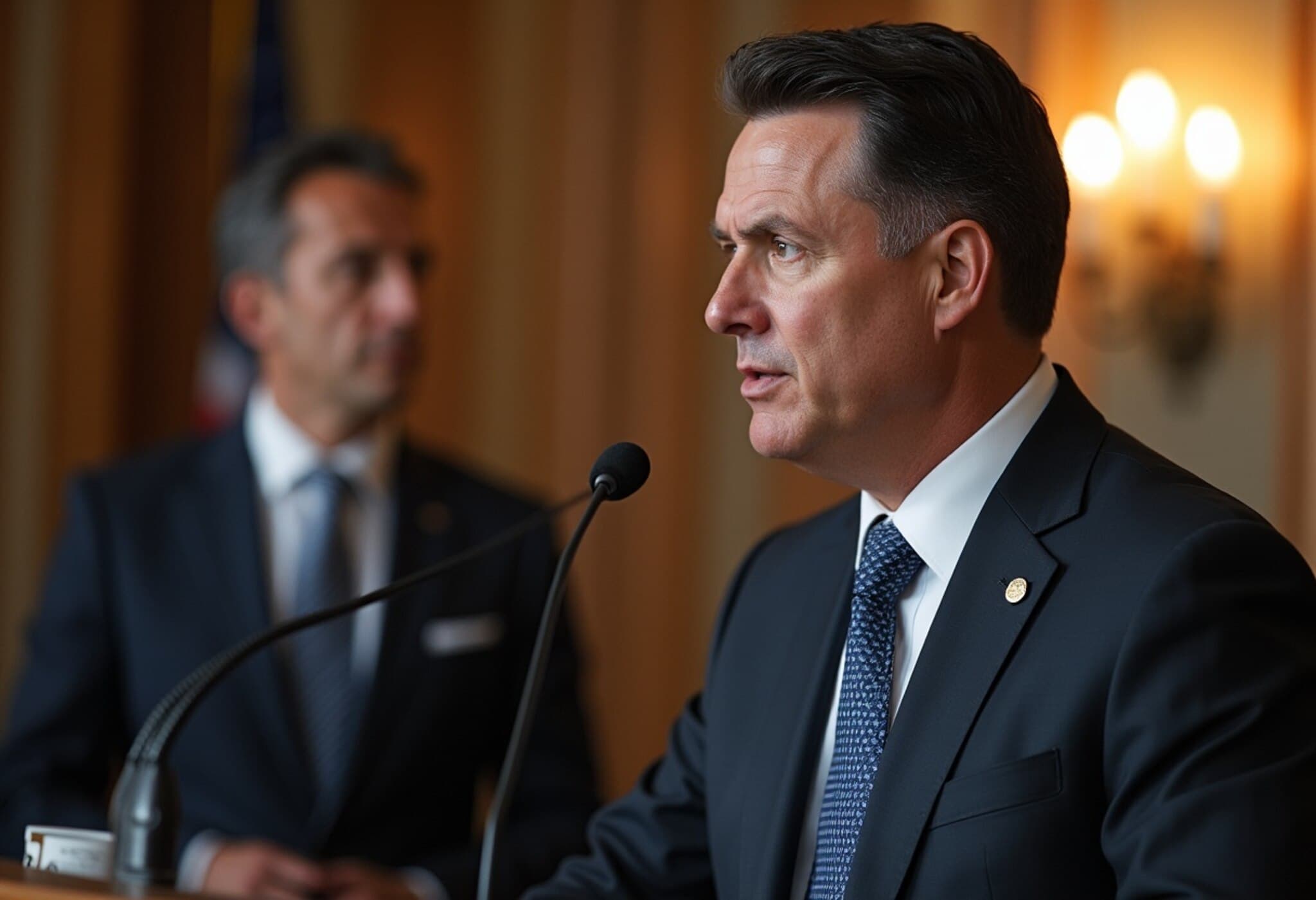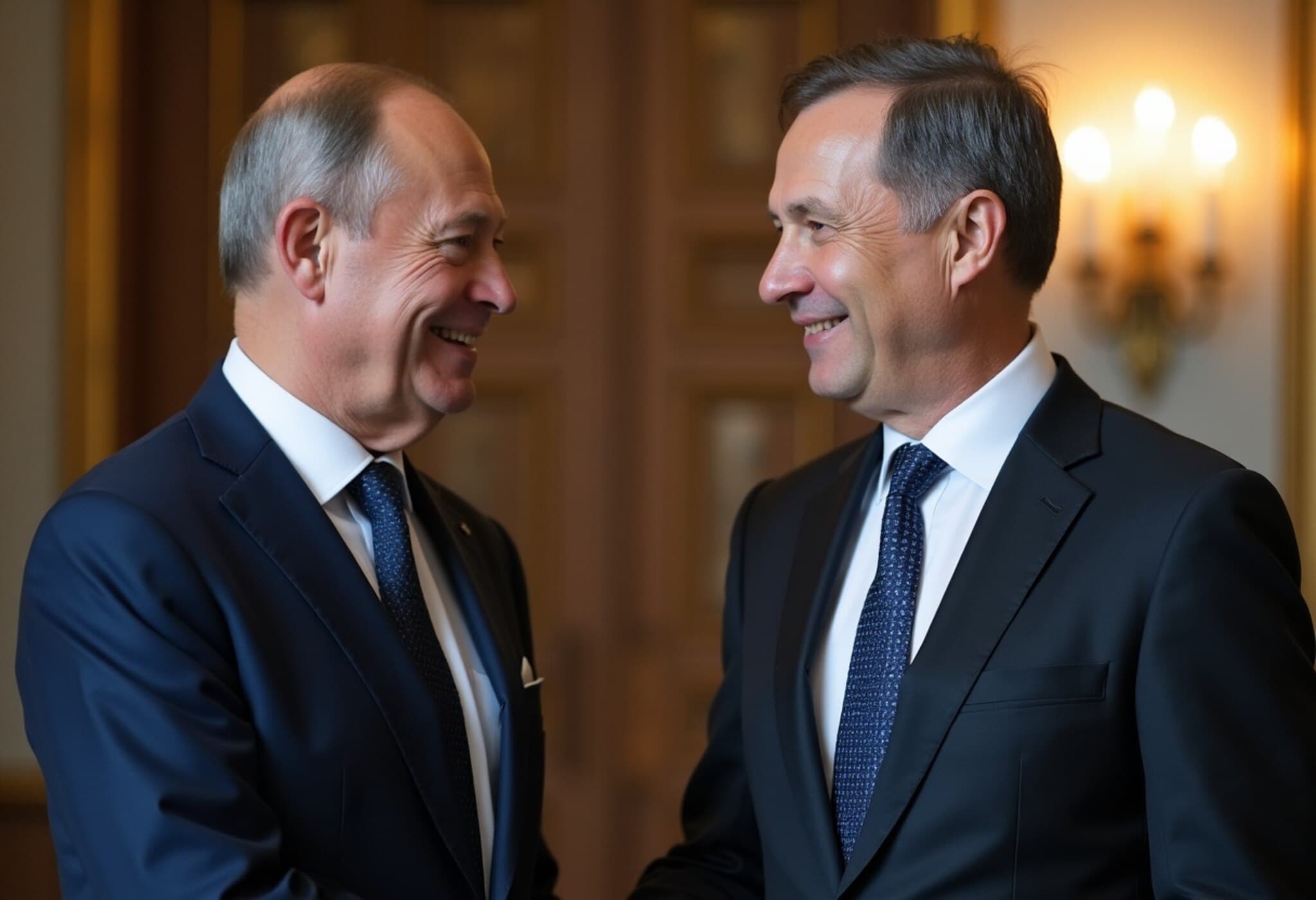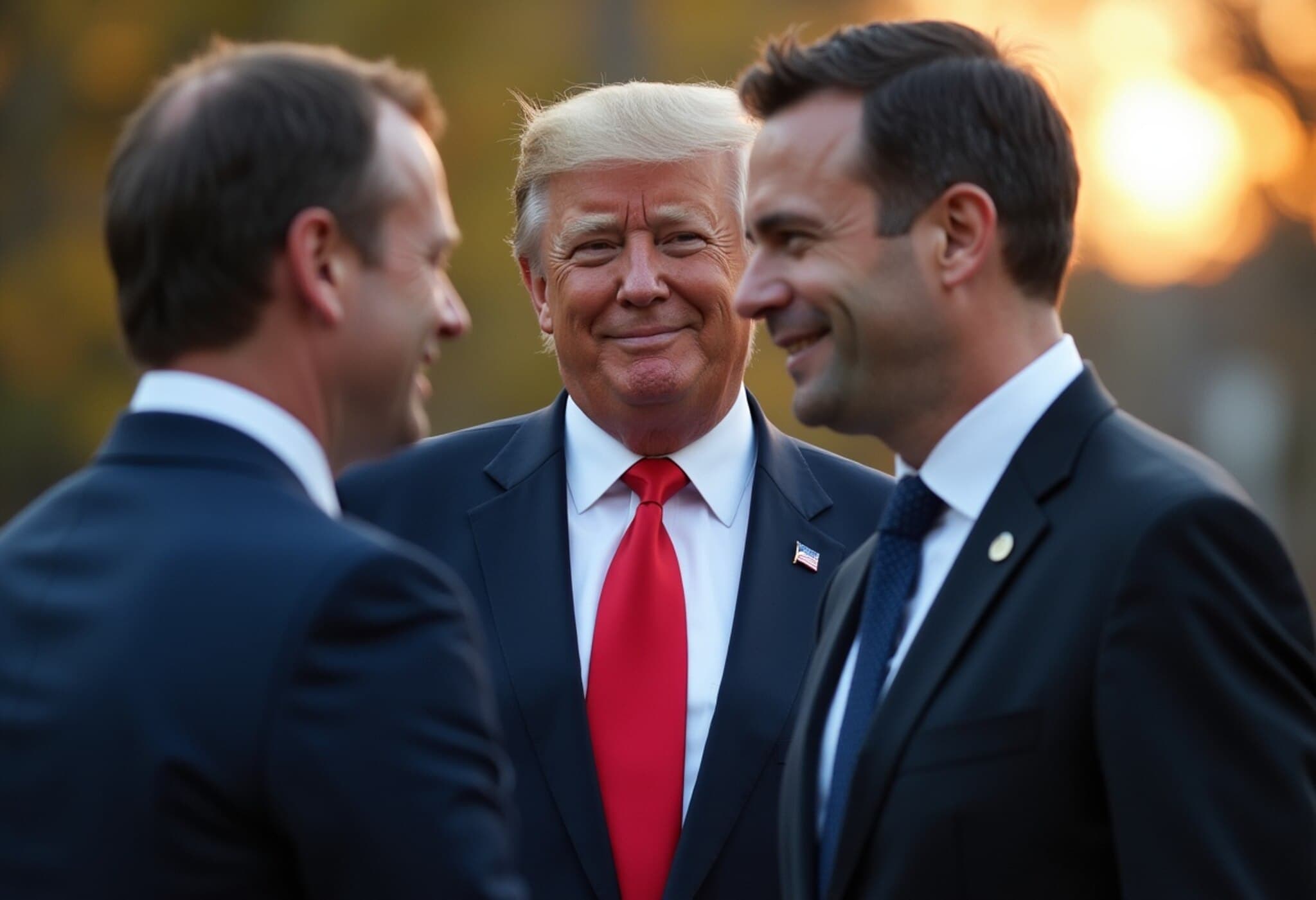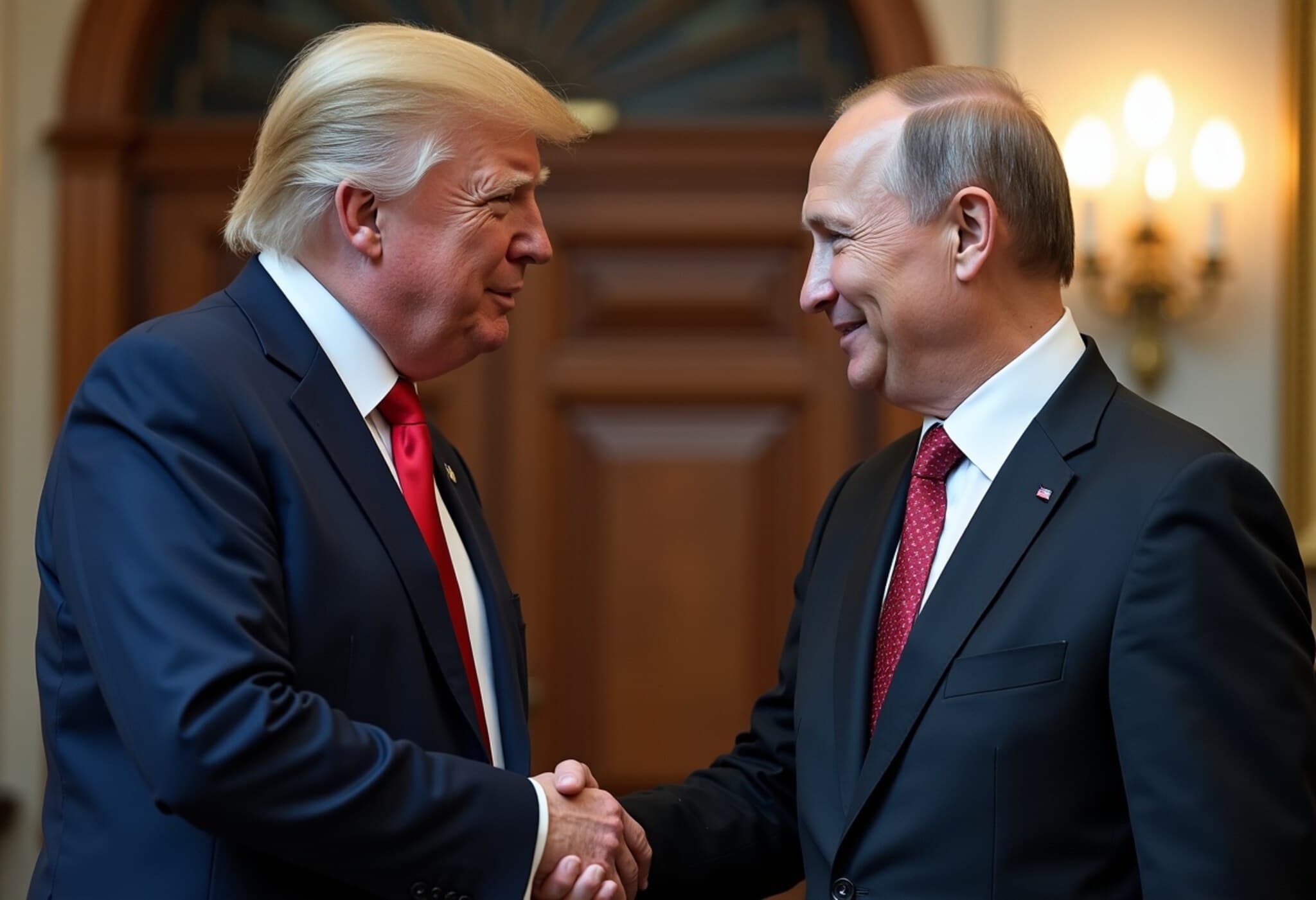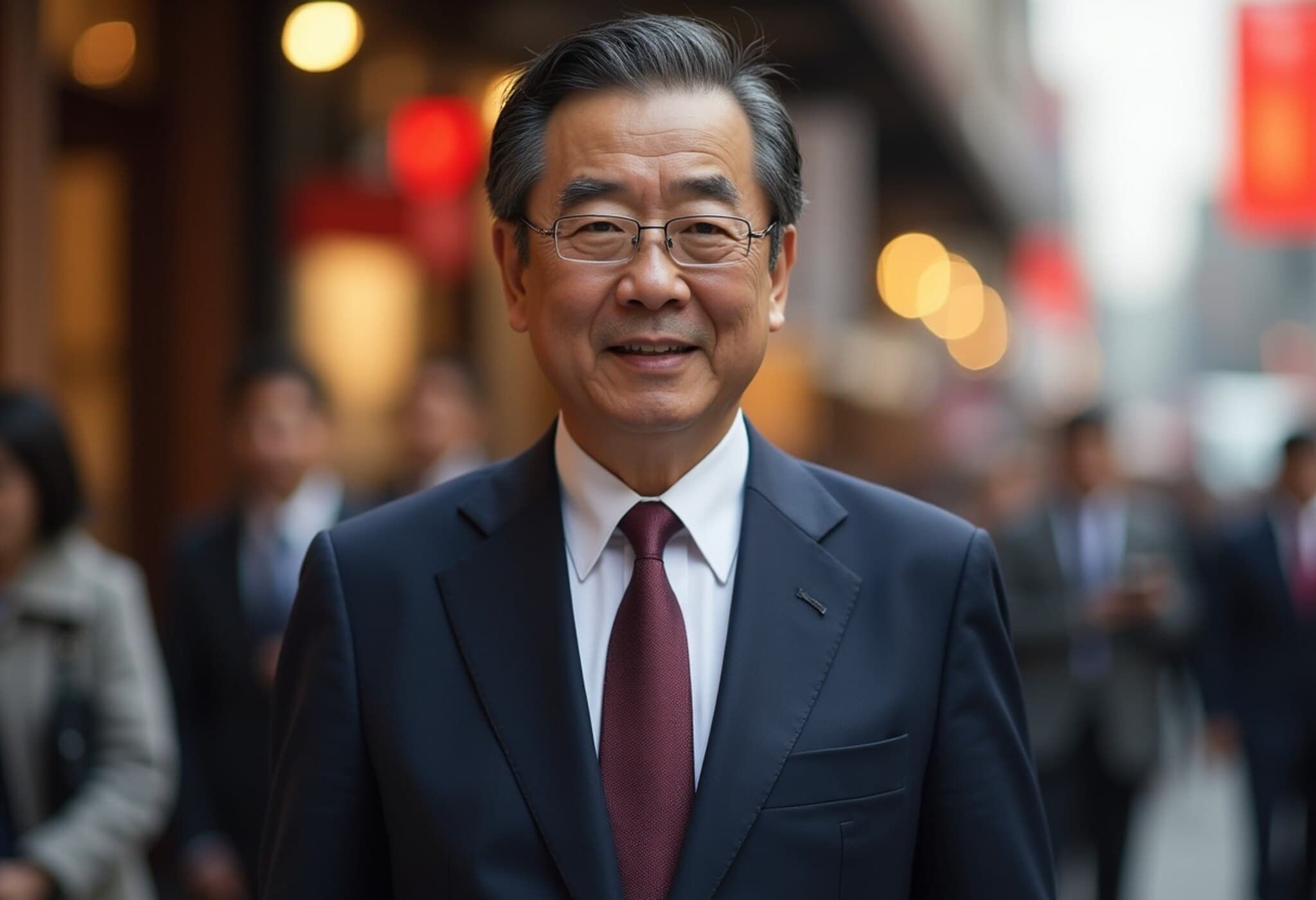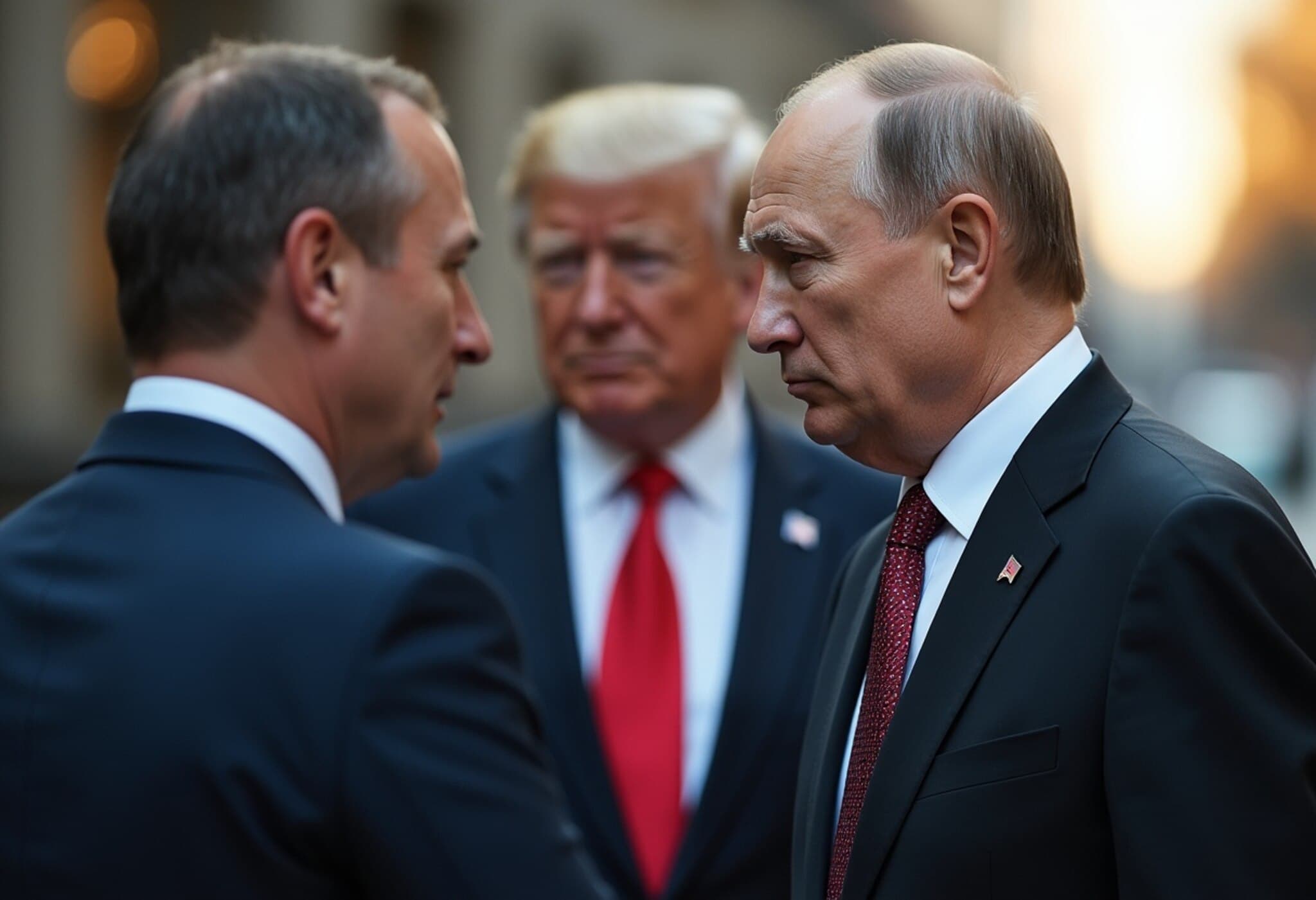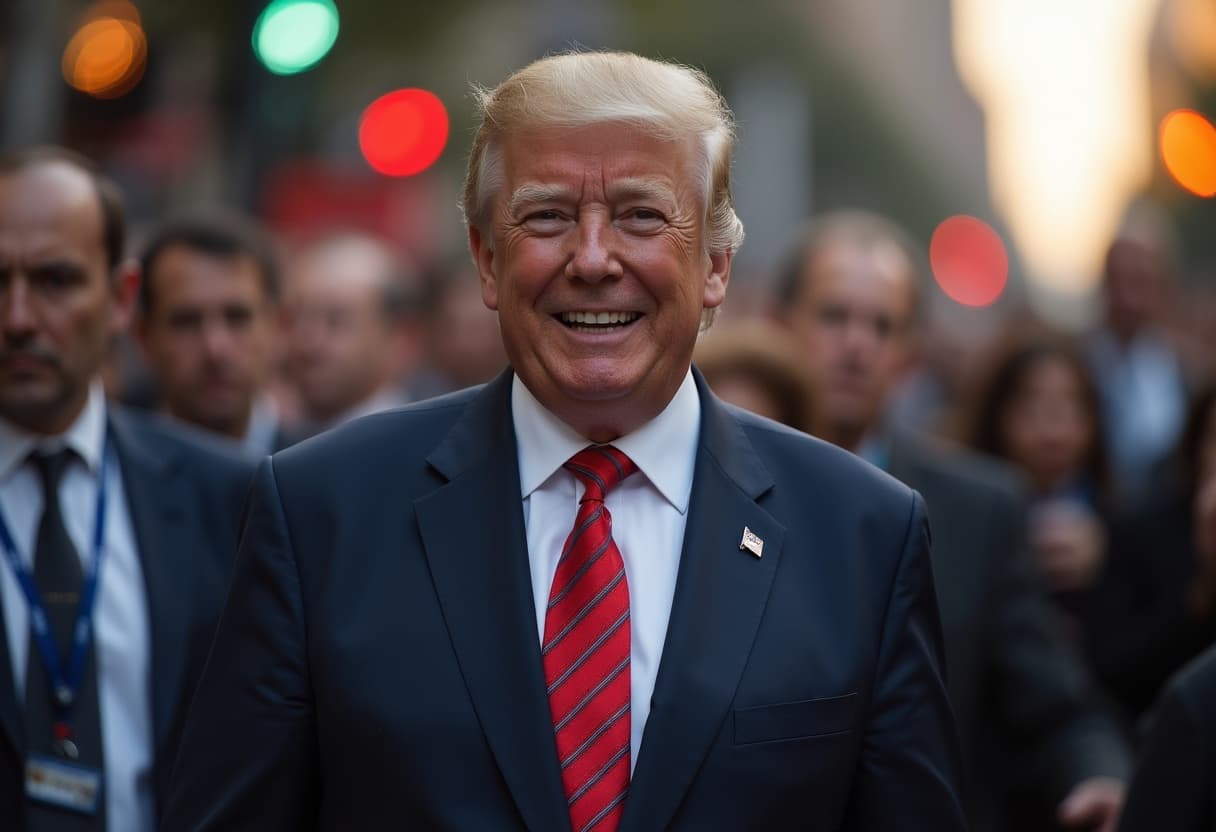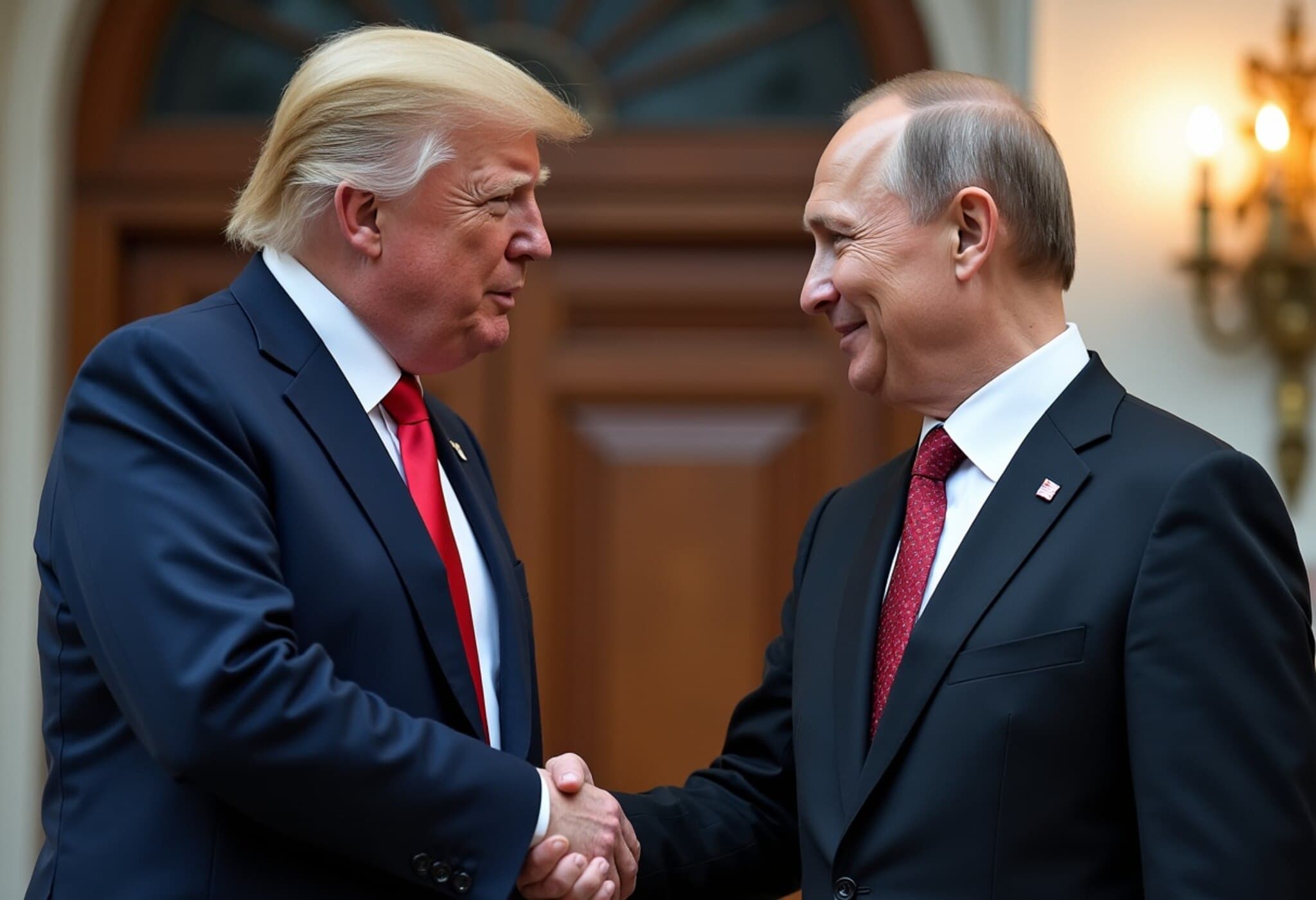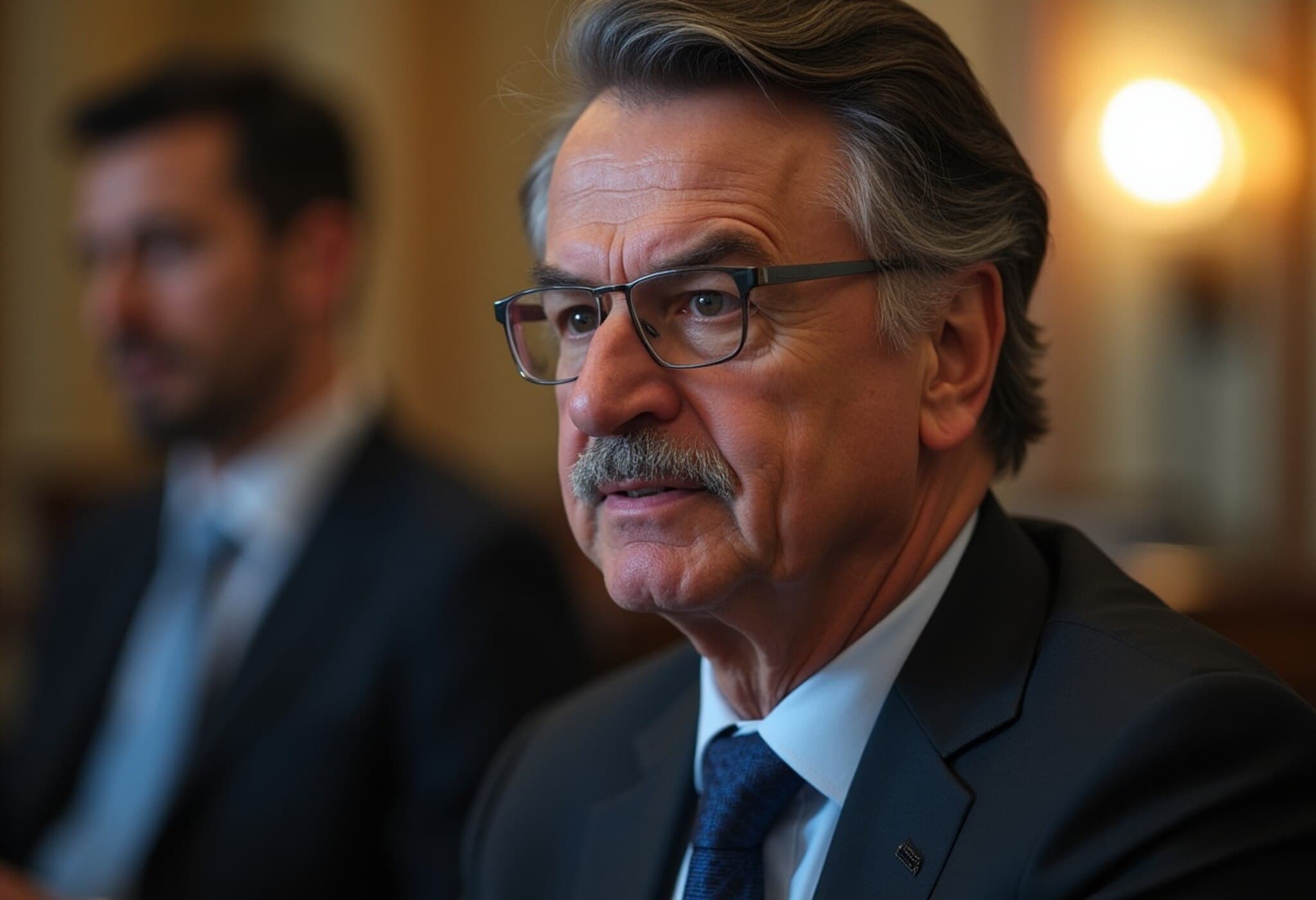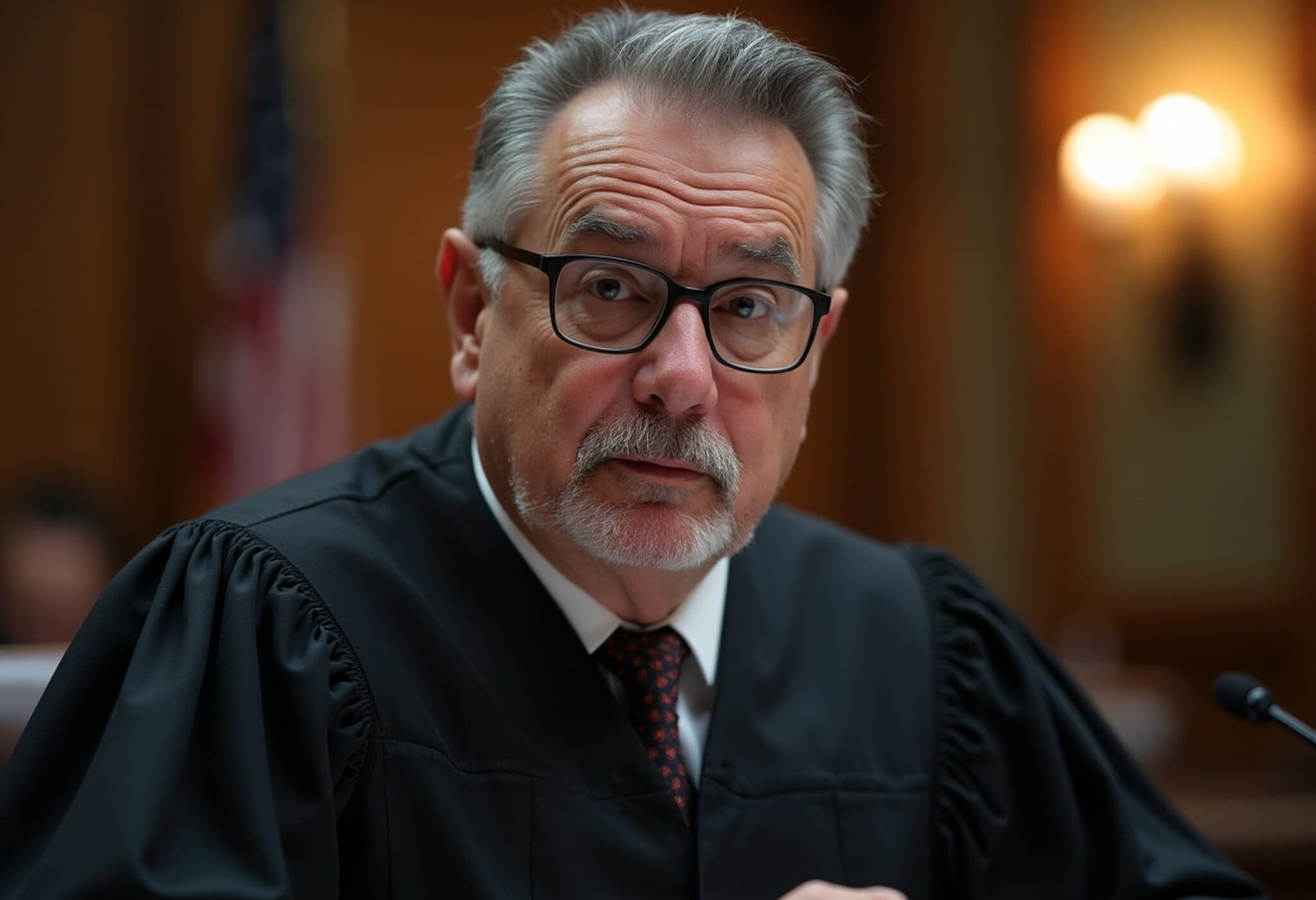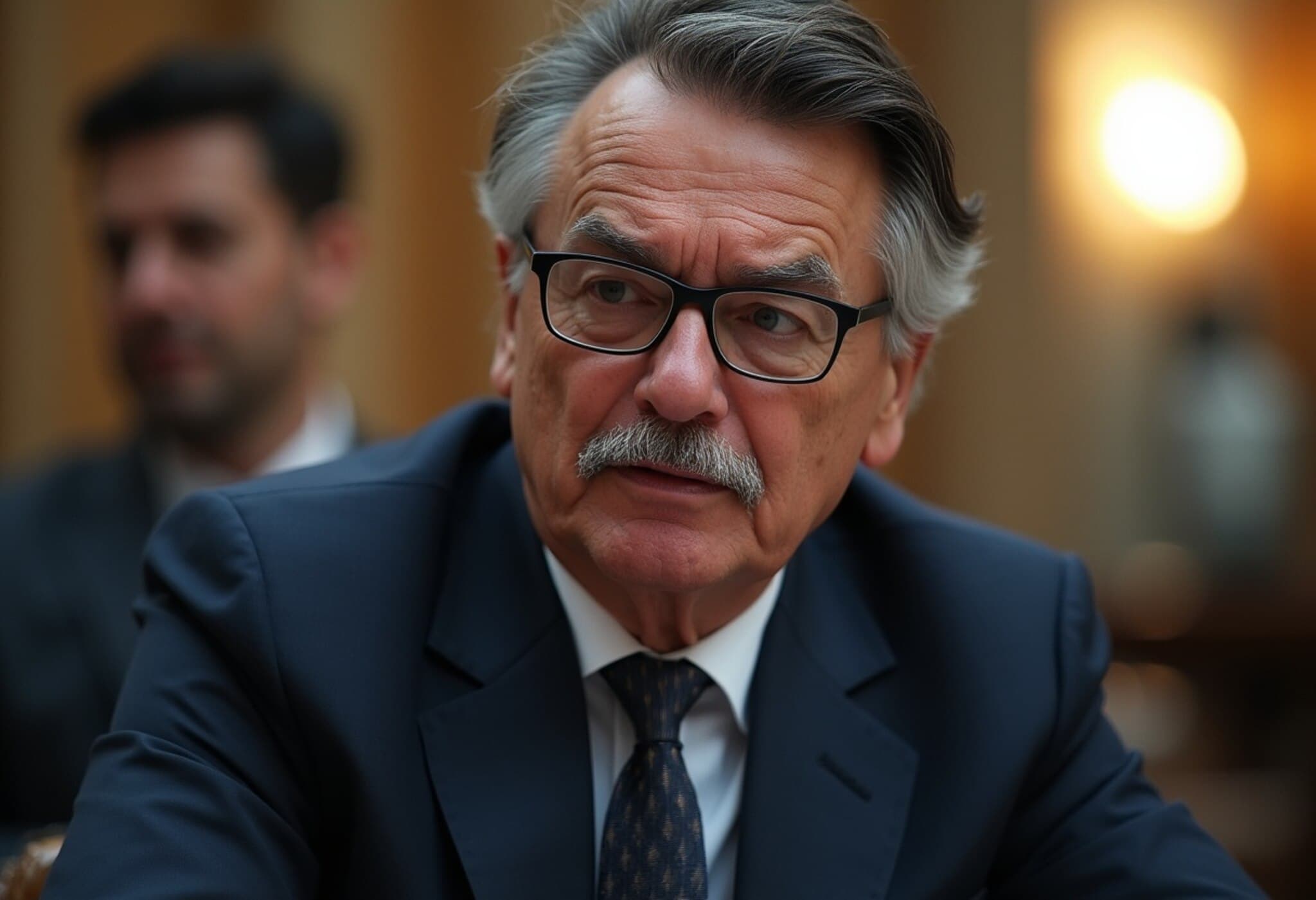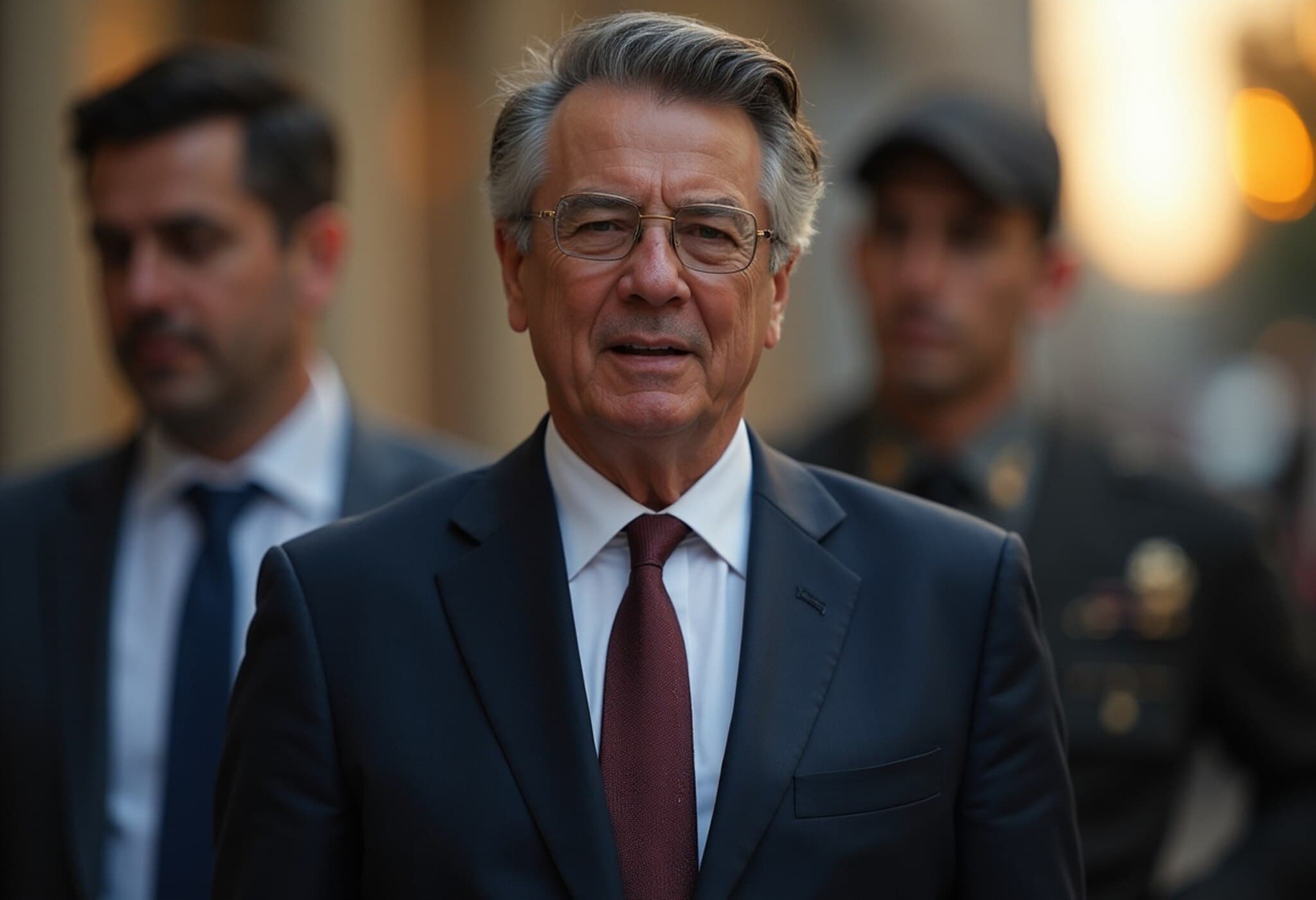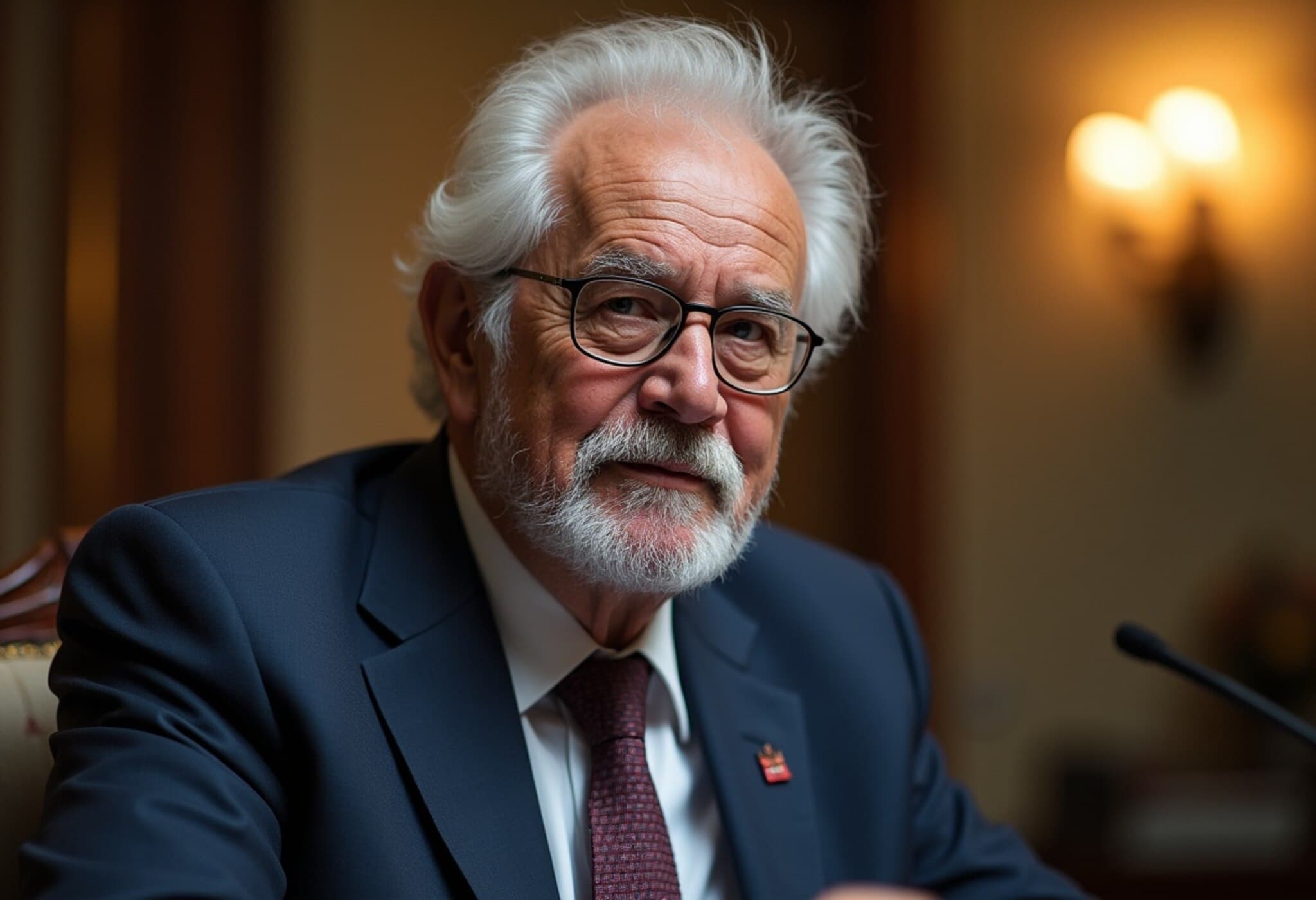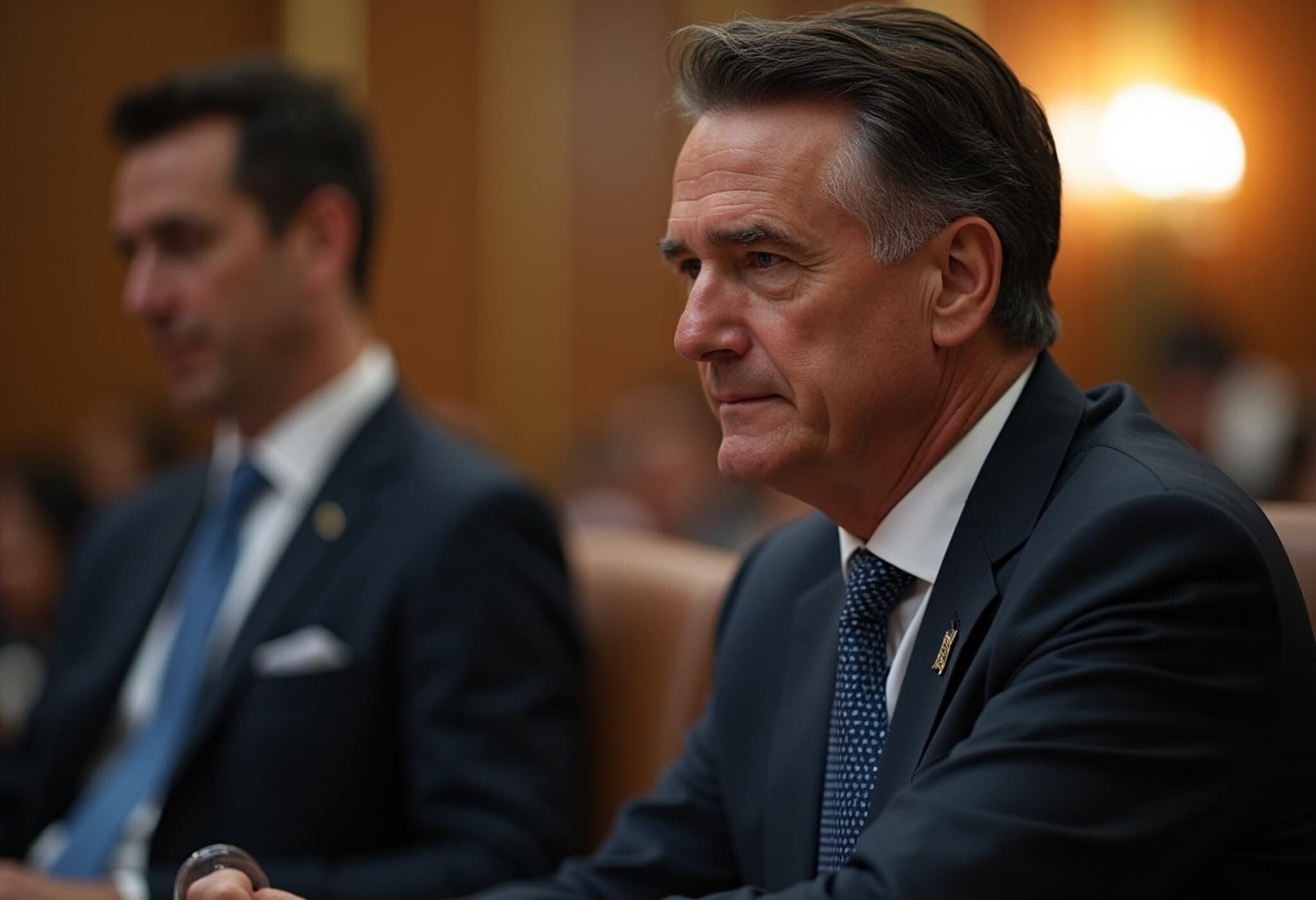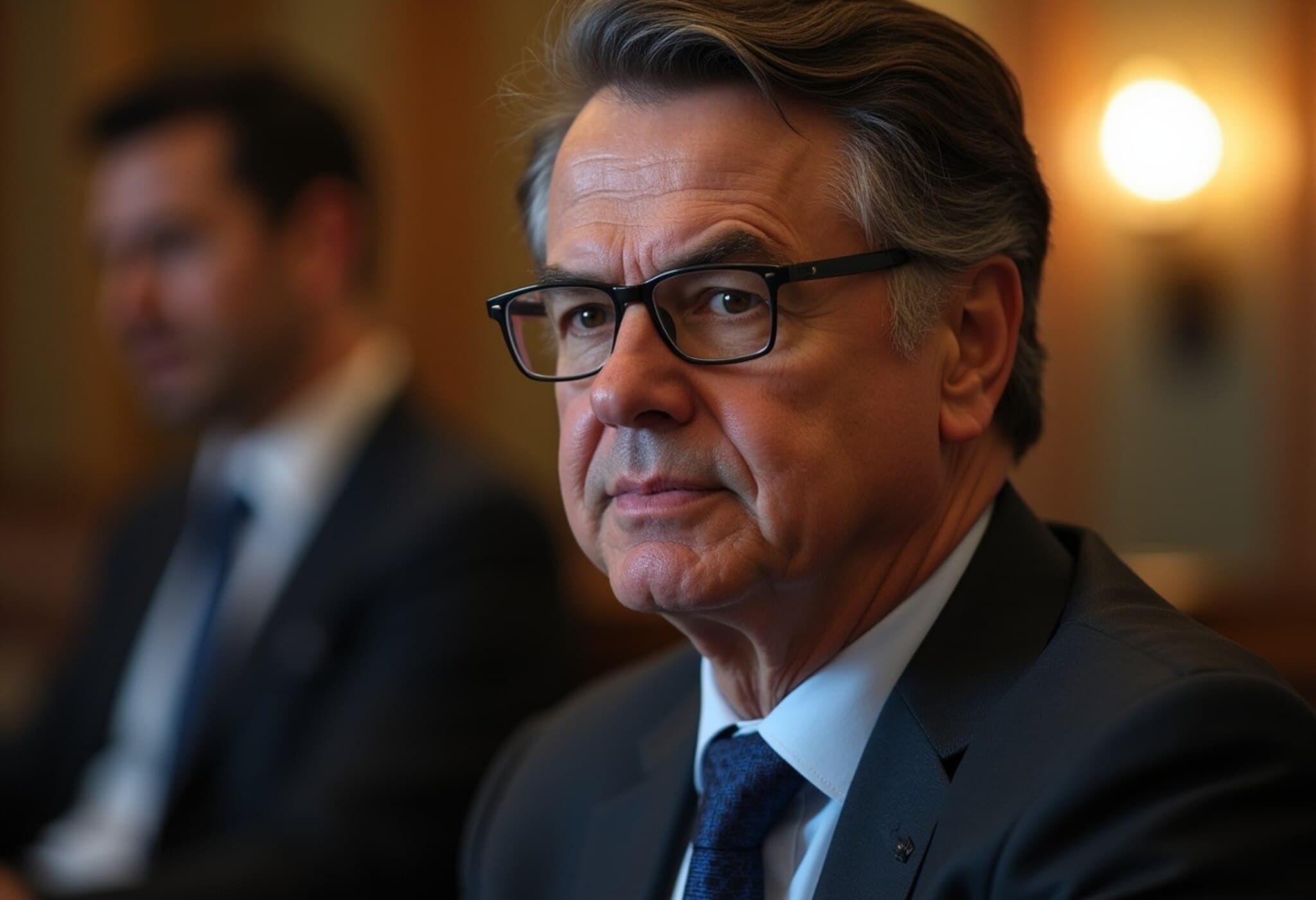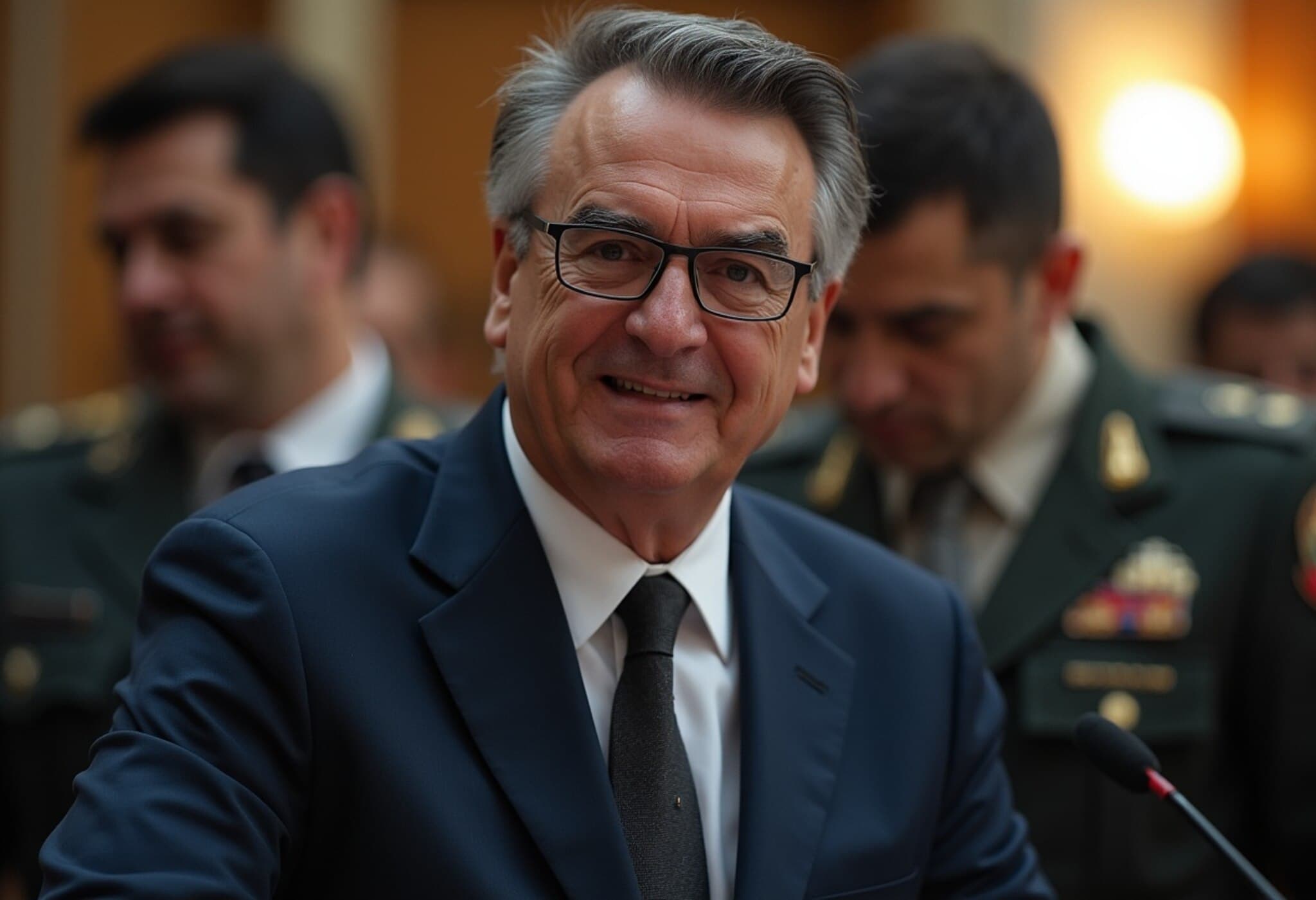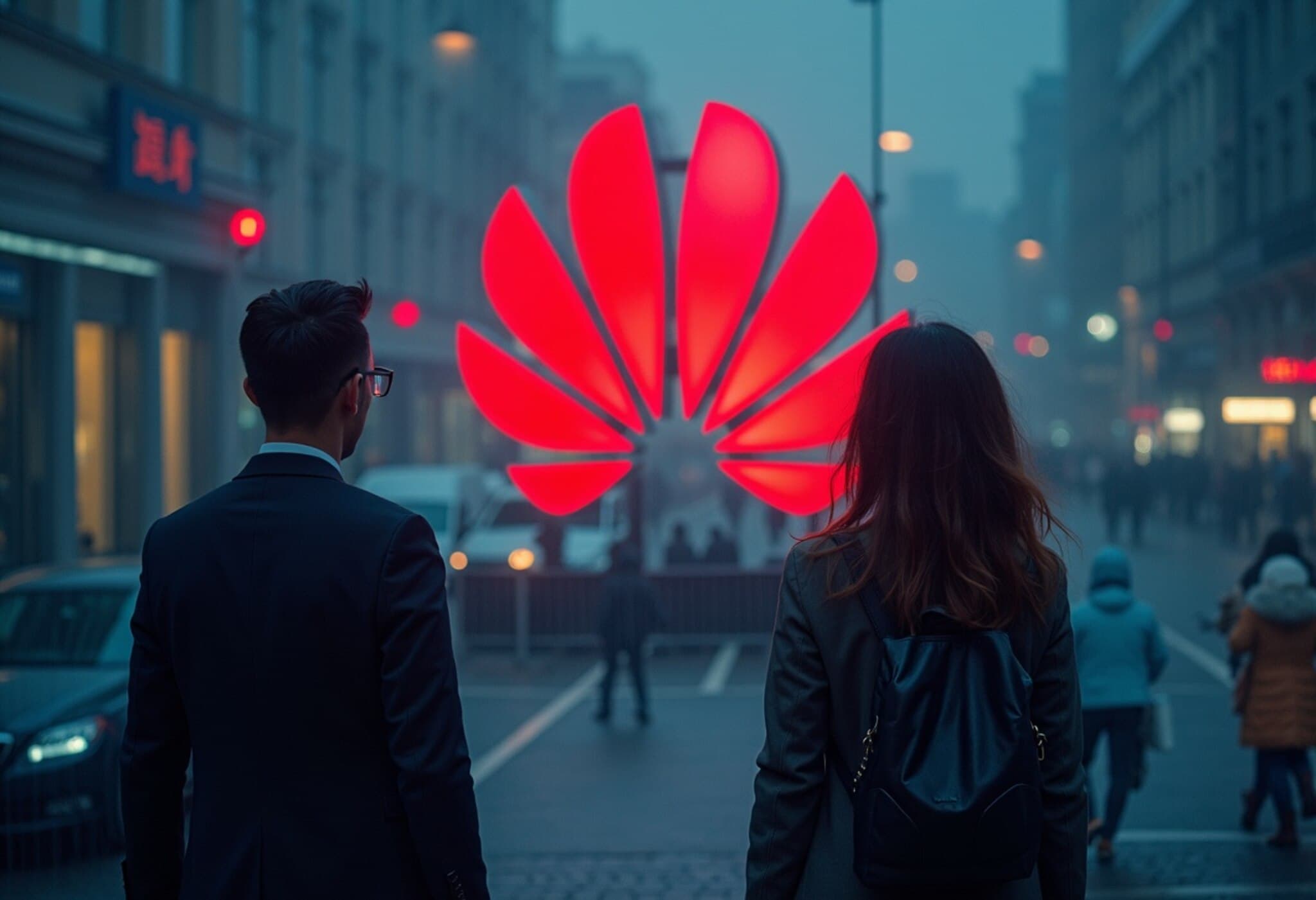US Secretary of State Revokes Visas of Brazilian Supreme Court Judges
In a bold and unprecedented move that escalates diplomatic tensions between the United States and Brazil, US Secretary of State Marco Rubio announced the revocation of American visas for eight of Brazil’s Supreme Federal Court judges. This action is widely interpreted as a gesture of support for Brazil’s former President Jair Bolsonaro amid his ongoing legal battles.
Context of the Visa Revocations
Jair Bolsonaro, known for his far-right stance and close ties with former US President Donald Trump, is currently on trial for allegedly orchestrating a violent plot to cling to power following his electoral defeat in 2022. The trial, conducted by the Brazilian Supreme Federal Court, is nearing a verdict that could potentially sentence Bolsonaro to up to 43 years in prison.
As Brazil’s highest court prepares to pass judgment, political tensions have surged, with Donald Trump reportedly intensifying pressure on Brazil's government to intervene on behalf of his political ally.
Details of the Visa Revocations
On July 18, following a federal police raid on Bolsonaro’s residence and measures to prevent his flight, Secretary Rubio publicly announced on the social media platform X (formerly Twitter) that the US had stripped visas from the presiding judge Alexandre de Moraes along with seven other justices involved in the Bolsonaro investigations. These judges and their family members are barred from entering the US as part of what Rubio described as holding foreign officials accountable for suppressing protected expression.
- Judges whose visas were revoked: Alexandre de Moraes, Luís Roberto Barroso, José Antonio Dias Toffoli, Cristiano Zanin, Flávio Dino, Cármen Lúcia Antunes Rocha, Luiz Edson Fachin, and Gilmar Ferreira Mendes.
- Not Sanctioned: Three justices appointed during Bolsonaro’s presidency—André Mendonça, Kassio Nunes Marques, and Luiz Fux—were notably excluded from the visa revocation.
Political Fallout and Reactions
Brazil’s current President Luiz Inácio Lula da Silva strongly condemned the US decision, describing it as "arbitrary and completely groundless." Lula emphasized that such interference in Brazil’s judicial sovereignty undermines fundamental principles of national respect and international relations. He assured that neither intimidation nor external threats would deter Brazil’s institutions from upholding democratic rule of law.
In contrast, former President Trump’s circle, including his aide Alex Bruesewitz and Bolsonaro’s son Eduardo, praised Rubio’s move. Eduardo Bolsonaro, now residing in the US and reported to be lobbying officials regarding his father's case, publicly thanked Rubio for advocating freedom of speech and shared values.
Expert Analysis: Diplomatic Strains and Democratic Challenges
This escalating diplomatic spat illustrates the growing polarization of international politics where judiciary independence becomes entangled with geopolitical interests. Experts warn that US actions targeting foreign judges might catalyze reciprocal measures, potentially destabilizing bilateral relations and undermining Brazil's democratic institutions.
Moreover, the case raises critical questions about the balance between defending democratic freedoms internationally and respecting national sovereignty. Legal scholars note that while visa revocations serve as political signals, they risk deepening divisions and complicating cooperation on broader regional issues, such as trade and security.
Looking Ahead
With Bolsonaro’s trial verdict expected soon, attention now turns to how both Brazil and the US will navigate the fallout of this unprecedented diplomatic intervention. The resilience of Brazil’s judiciary and political institutions amidst external pressure remains under scrutiny, as do the implications for US-Latin America relations in a fractious global landscape.
Editor’s Note
The revocation of visas for Brazilian Supreme Court justices marks a significant escalation that not only challenges norms of international law and diplomatic courtesy but also underscores the fraught intersections of domestic justice and international politics. Readers should consider the broader ramifications for democratic governance and international cooperation, especially in a world where judicial decisions increasingly carry geopolitical weight. How will Brazil uphold judicial independence under such external pressures? And to what extent should foreign governments intervene in another nation’s legal affairs? These questions remain critical as this story develops.

